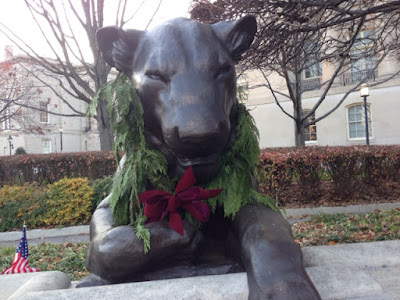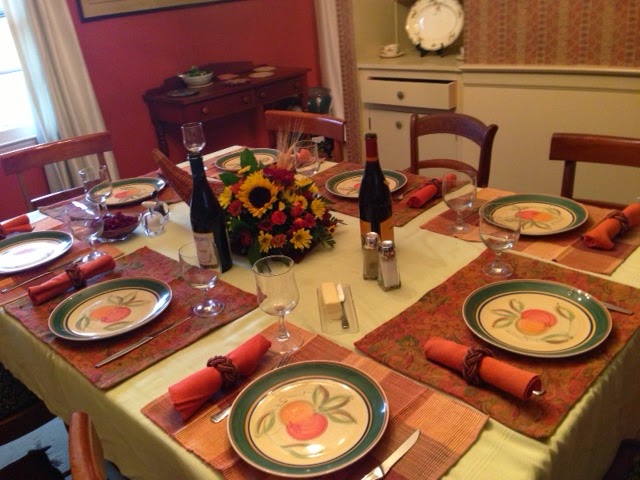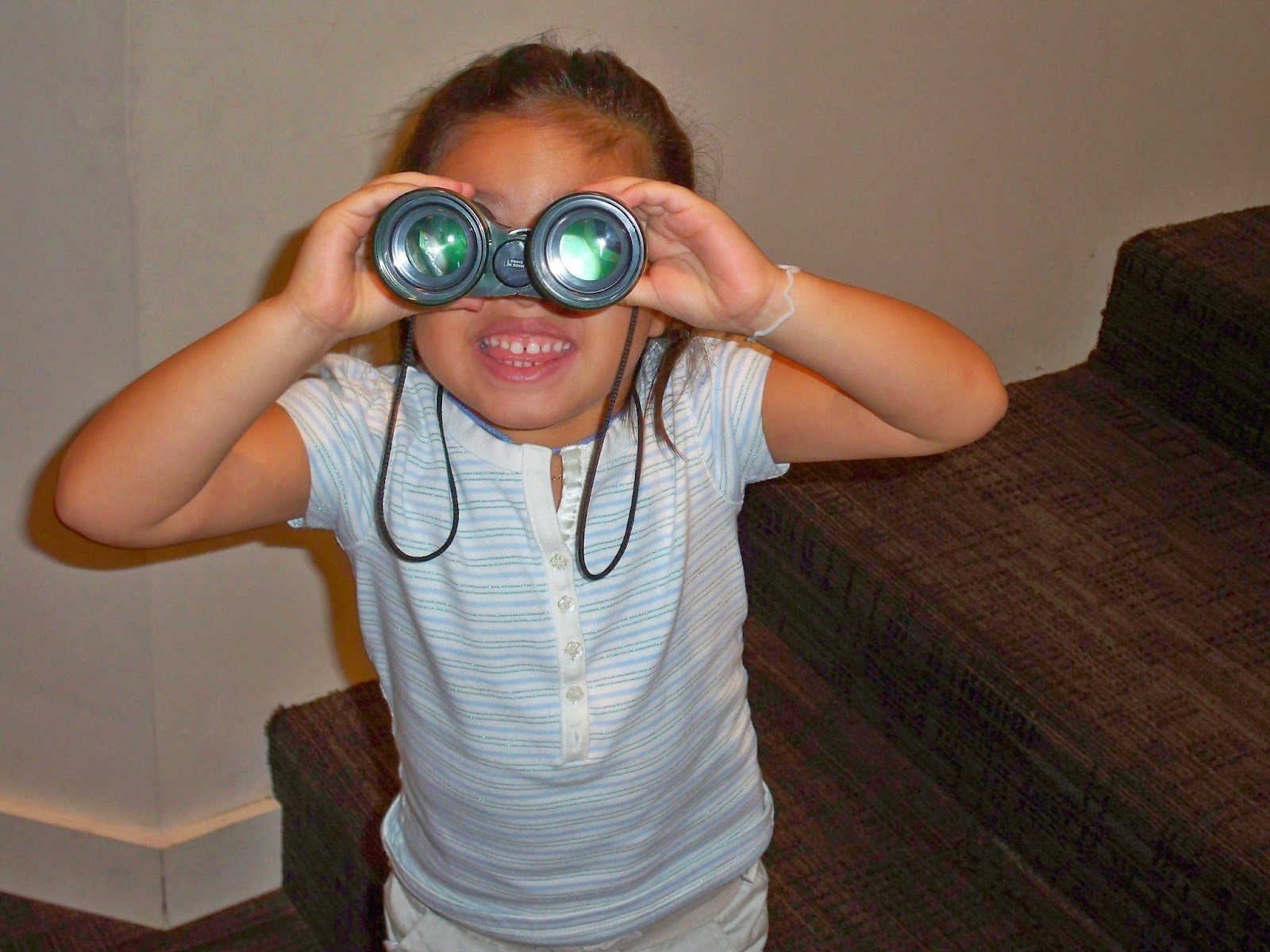Good News
Good news from the heartland: A nephew and cousin — a young father battling cancer — has just learned that he is cancer-free. After months of grueling treatments and countless prayers to spare him, he has received the best news anyone can — that he is healthy, that he will live.
Now he can get back to his new wife and baby son, to his plans and dreams. He can get on, too, with the petty problems of life, which are now seen for what they are, no more than sticks and pebbles along the way, nothing like the chasm, the void, he has just traversed.
And for a while his experience will be a beacon to us all — until once again the sticks and pebbles seem like boulders and logs, and we let them bog us down; until the next time the world tilts crazily and we see that what we thought was important isn’t and what we seldom think about is all that really matters.





